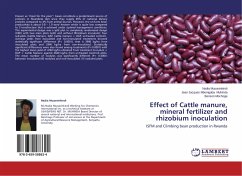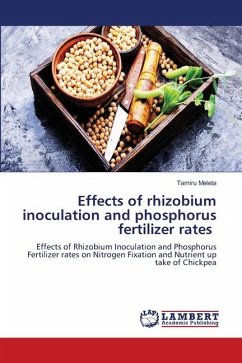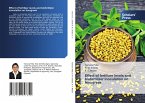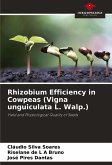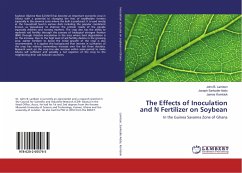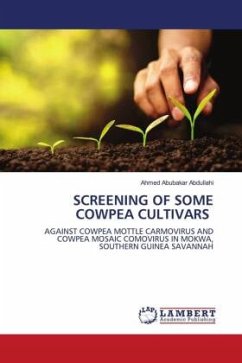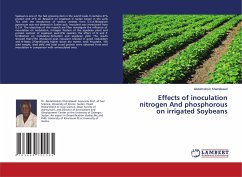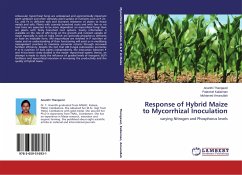Known as meat for the poor , beans constitute a predominant source of proteins in Rwandese diet since they supply 65% of national dietary proteins compared to 4% from animal sources. However, the on-farm bean productivity is about 0.8 1.0 tons/ hectare which is quite low compared to 5 tons/hectare that is achieved under optimal management conditions. The experimental design was a split plot in completely randomized design (CRD) with two main plots (with and without Rhizobium inoculum); four sub-plots (Cattle Manure, DAP, Cattle manure + DAP, untreated control). Average yields from inoculated and non-inoculated treatments showed statistically significant difference (P 0.0001), that is 3900 kg/ha from inoculated plots and 2946 kg/ha from non-inoculated. Statistically significant differences were also found among treatments (P0.0001) with the highest mean yield of 4782 kg/ha obtained from treatment Inoculum + DAP + Cattle Manure against 2640 kg/ha from untreated (control) plots. Themean number of nodules was significantly different (P 0.0001) between inoculated (60 nodules) and non-inoculated (15 nodules) plots.
Bitte wählen Sie Ihr Anliegen aus.
Rechnungen
Retourenschein anfordern
Bestellstatus
Storno

